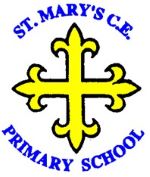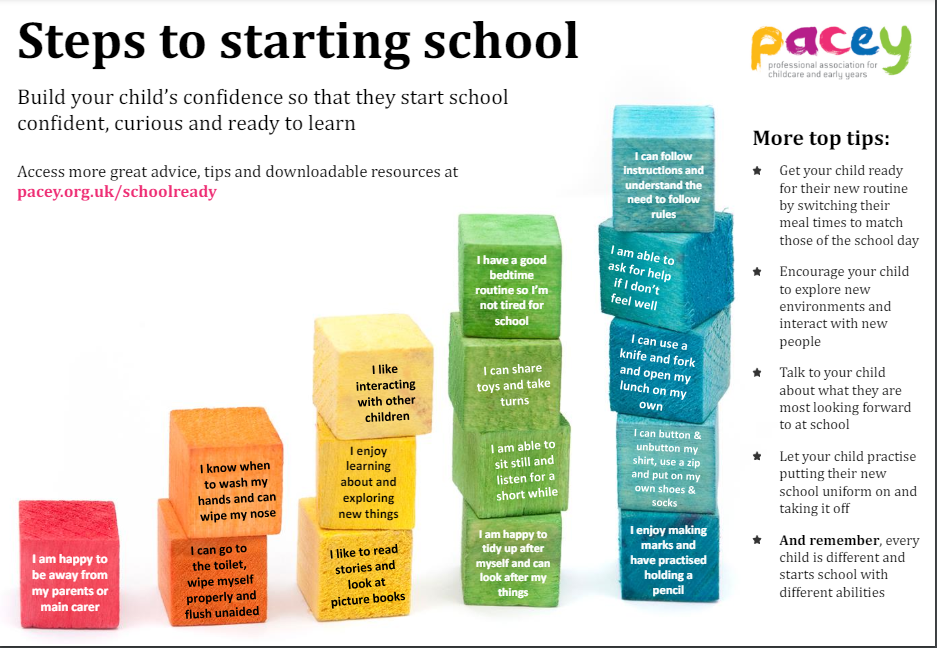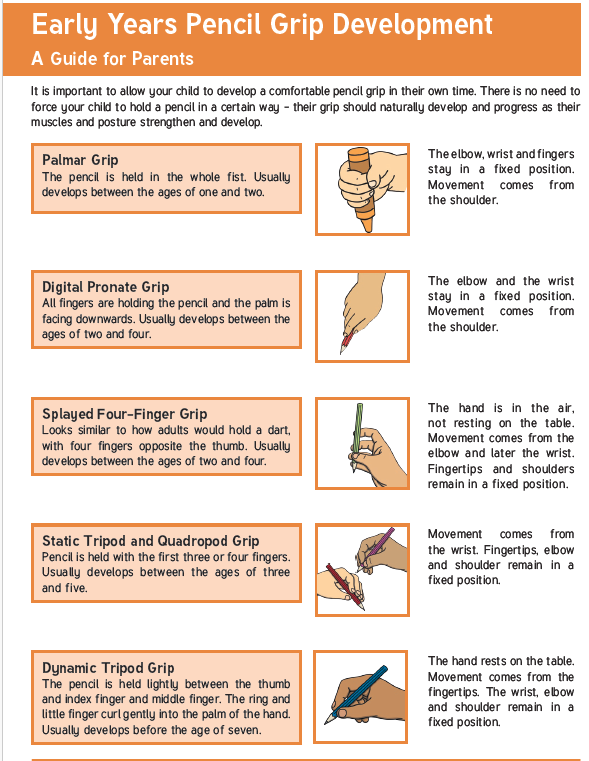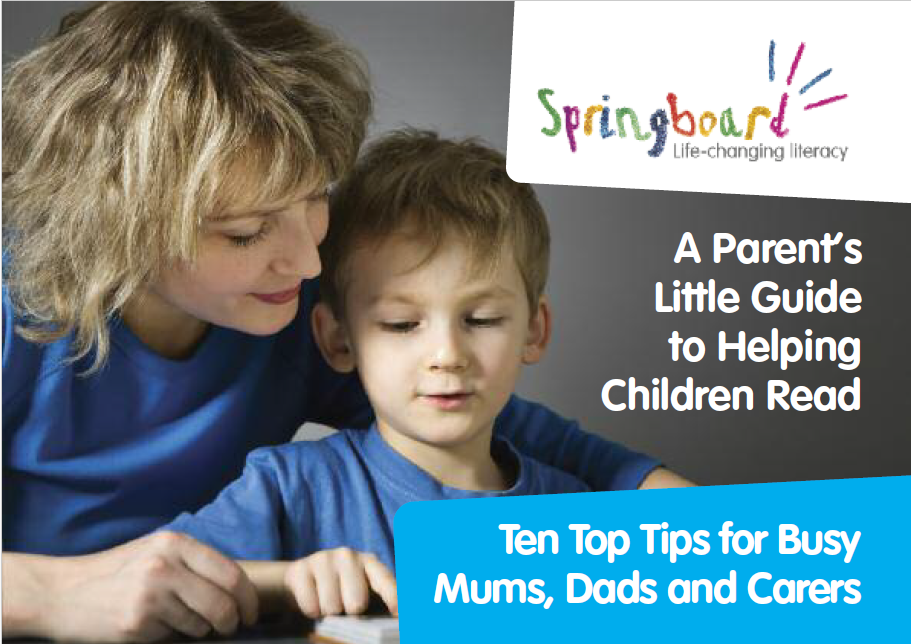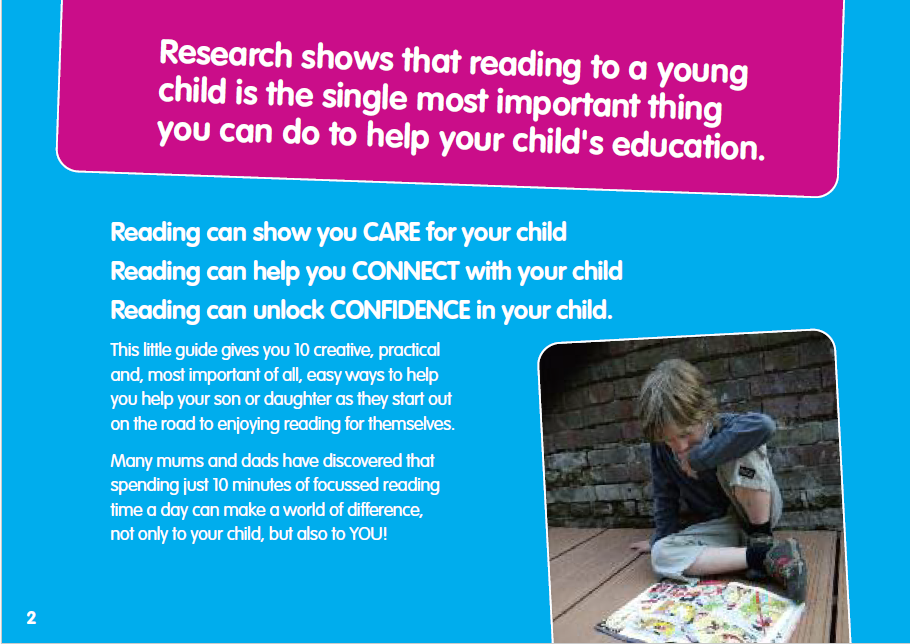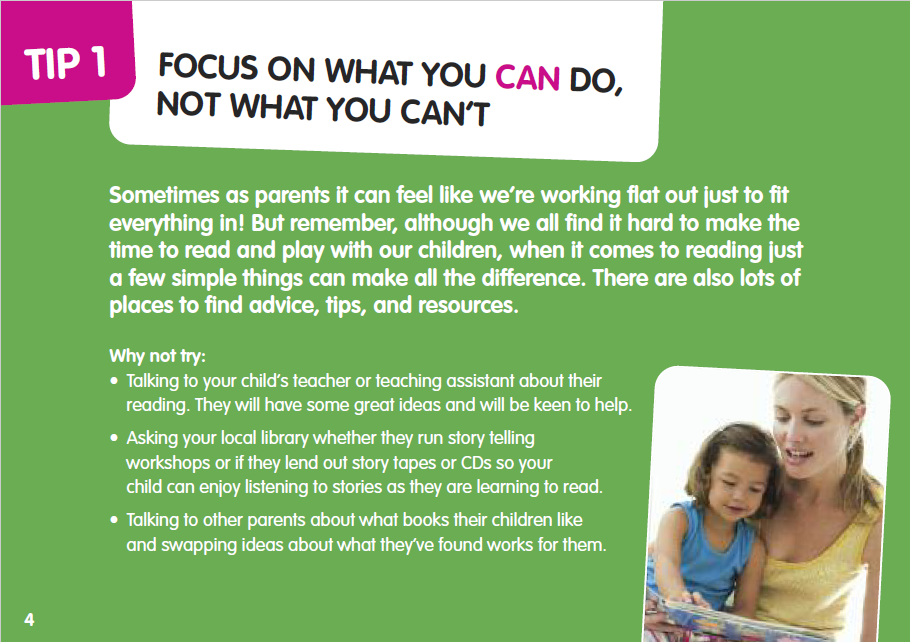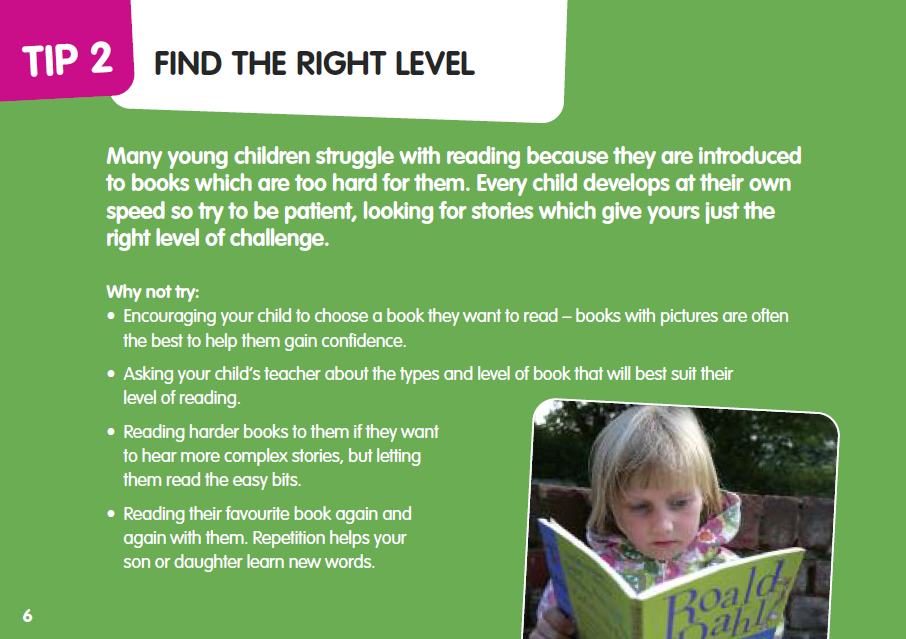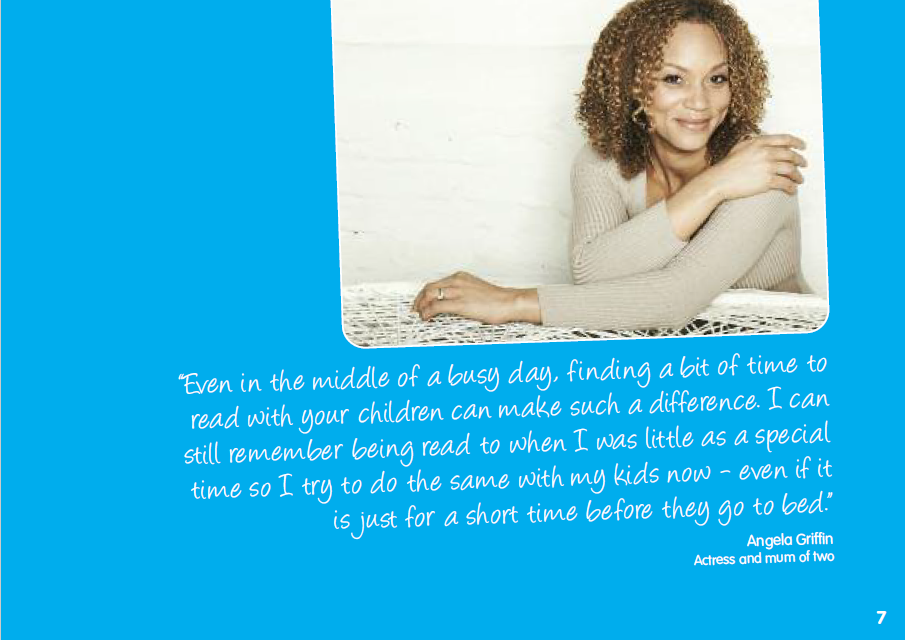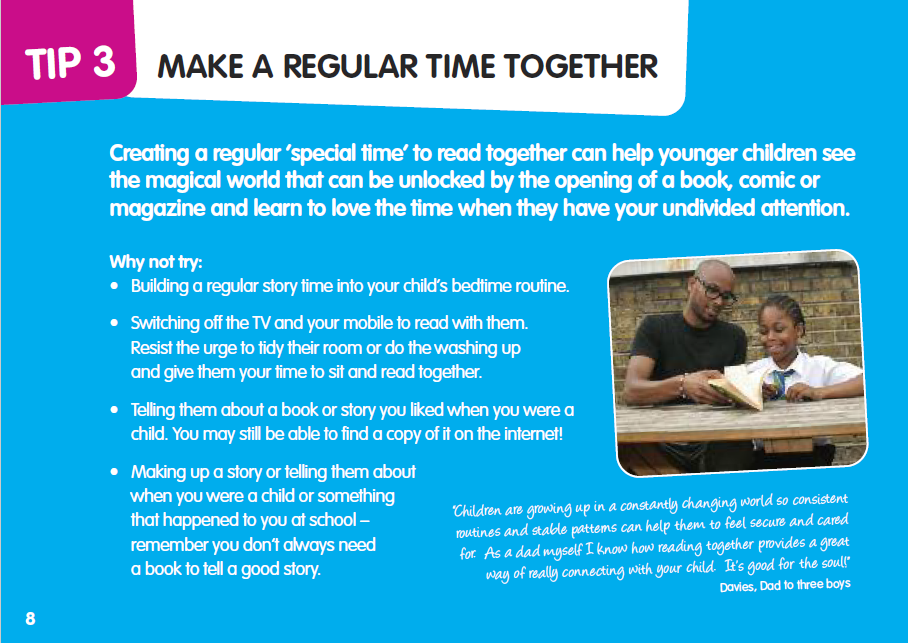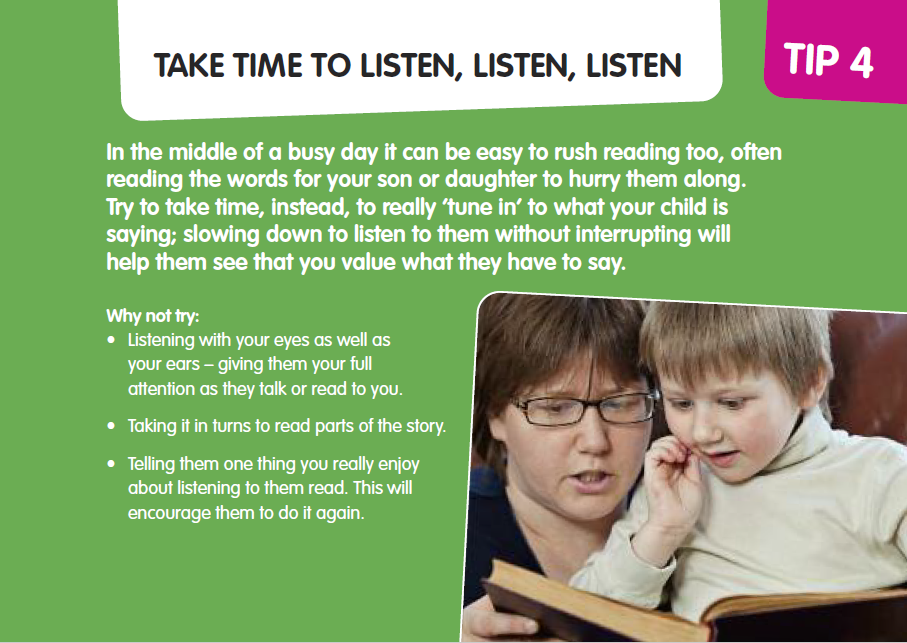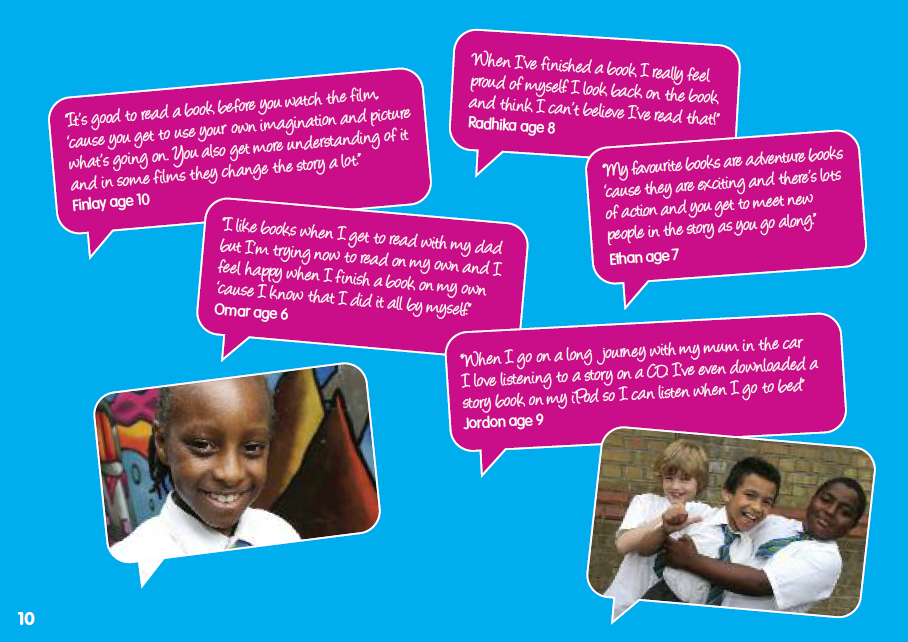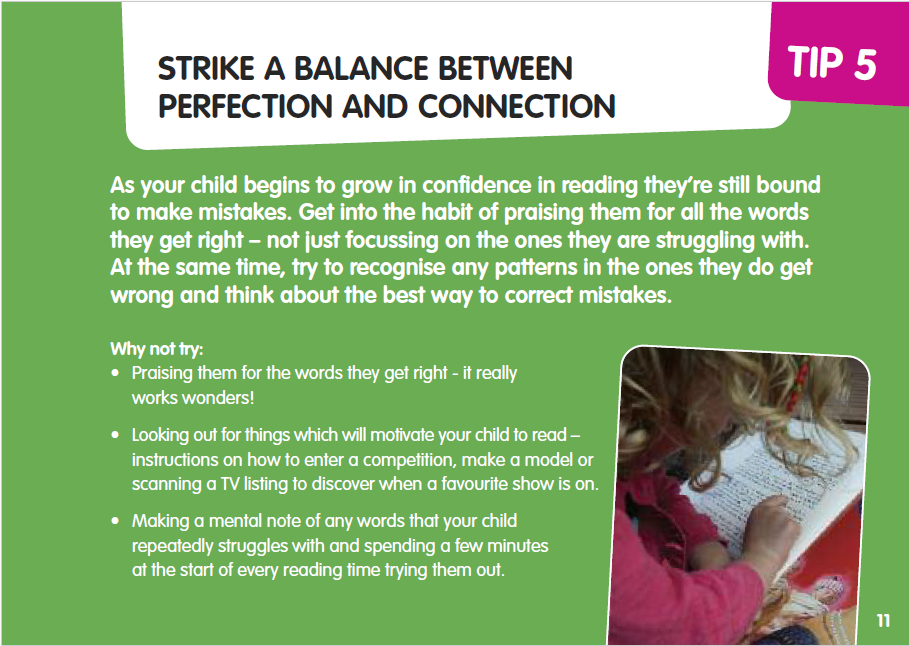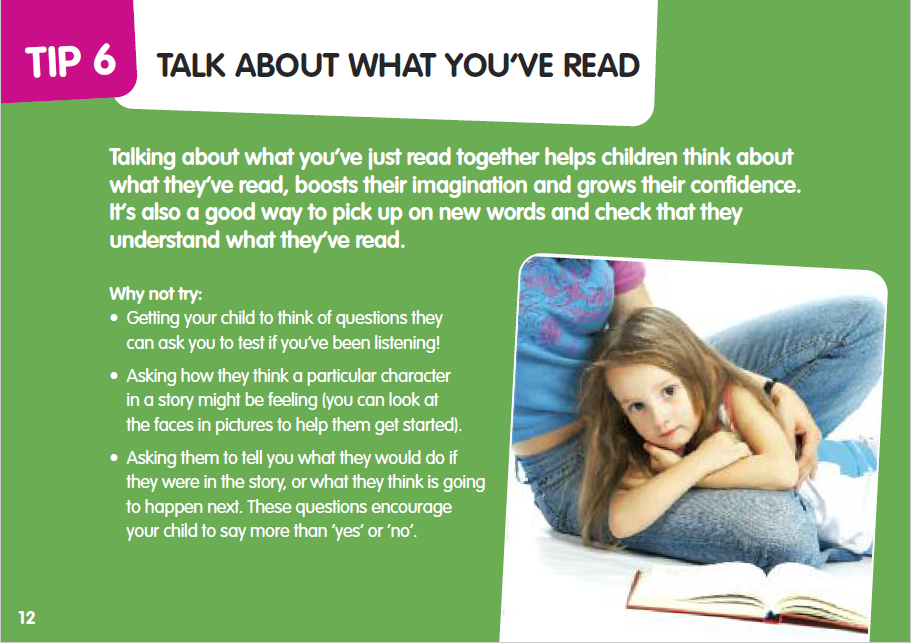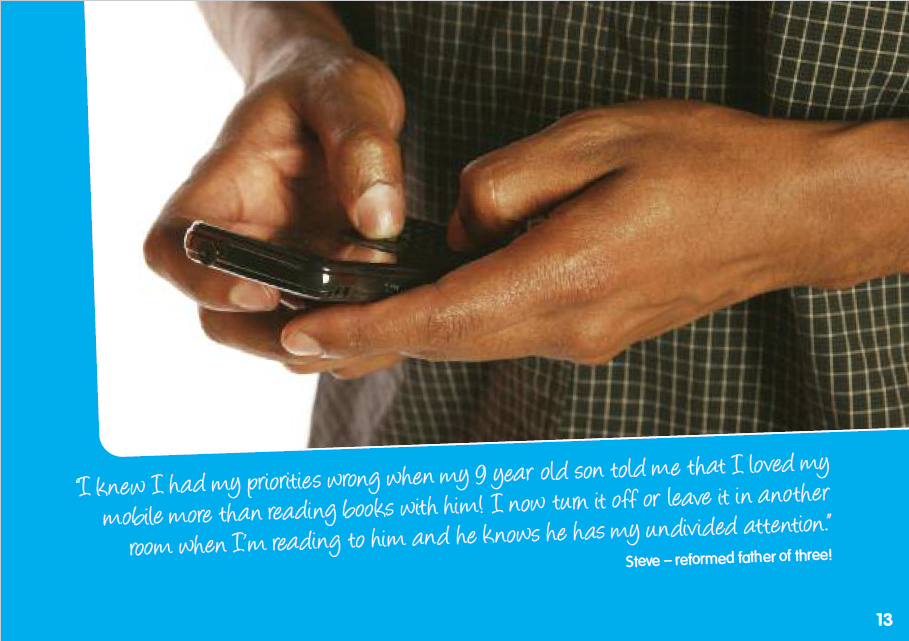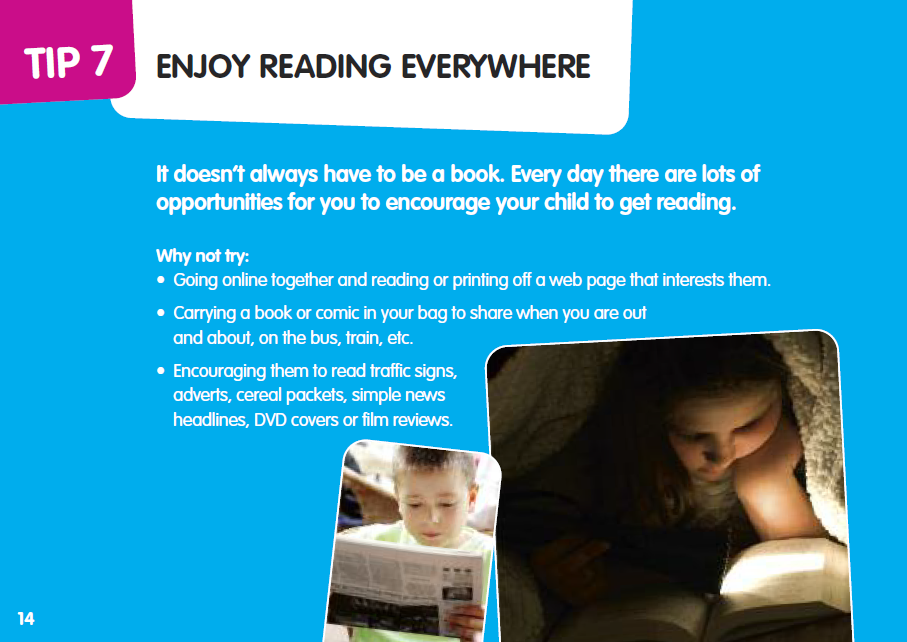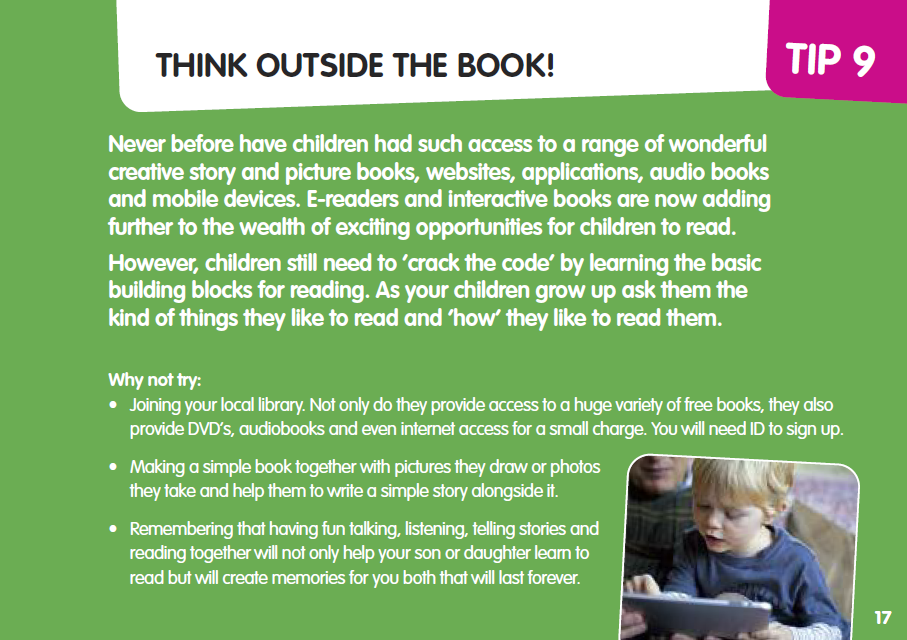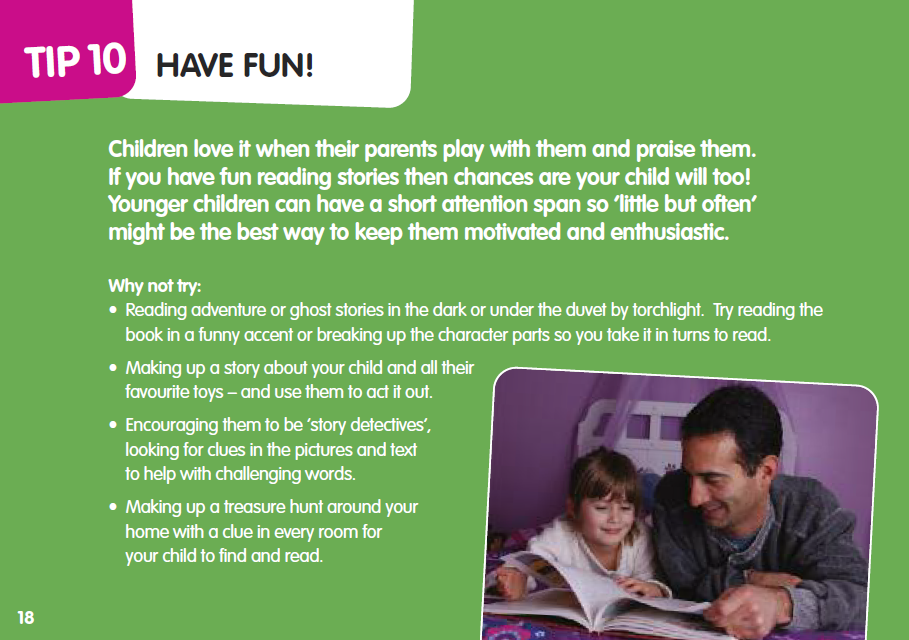EYFS
At St Marys C of E Primary School, we recognise and value the importance of Early Years and the vital role it plays in a child's learning journey. The intent of our curriculum is to equip children with the necessary knowledge, skills and child-initiated activities; bringing together the best approaches, with carefully planned continuous provision and enabling environments that evolve and adapt to meet the interests and needs of the children.
We provide a safe, caring, inclusive environment where children can learn and grow in all areas of their development. Communication is important to us and we value the relationship that we develop with parents throughout this vital year of the children’s learning journey.
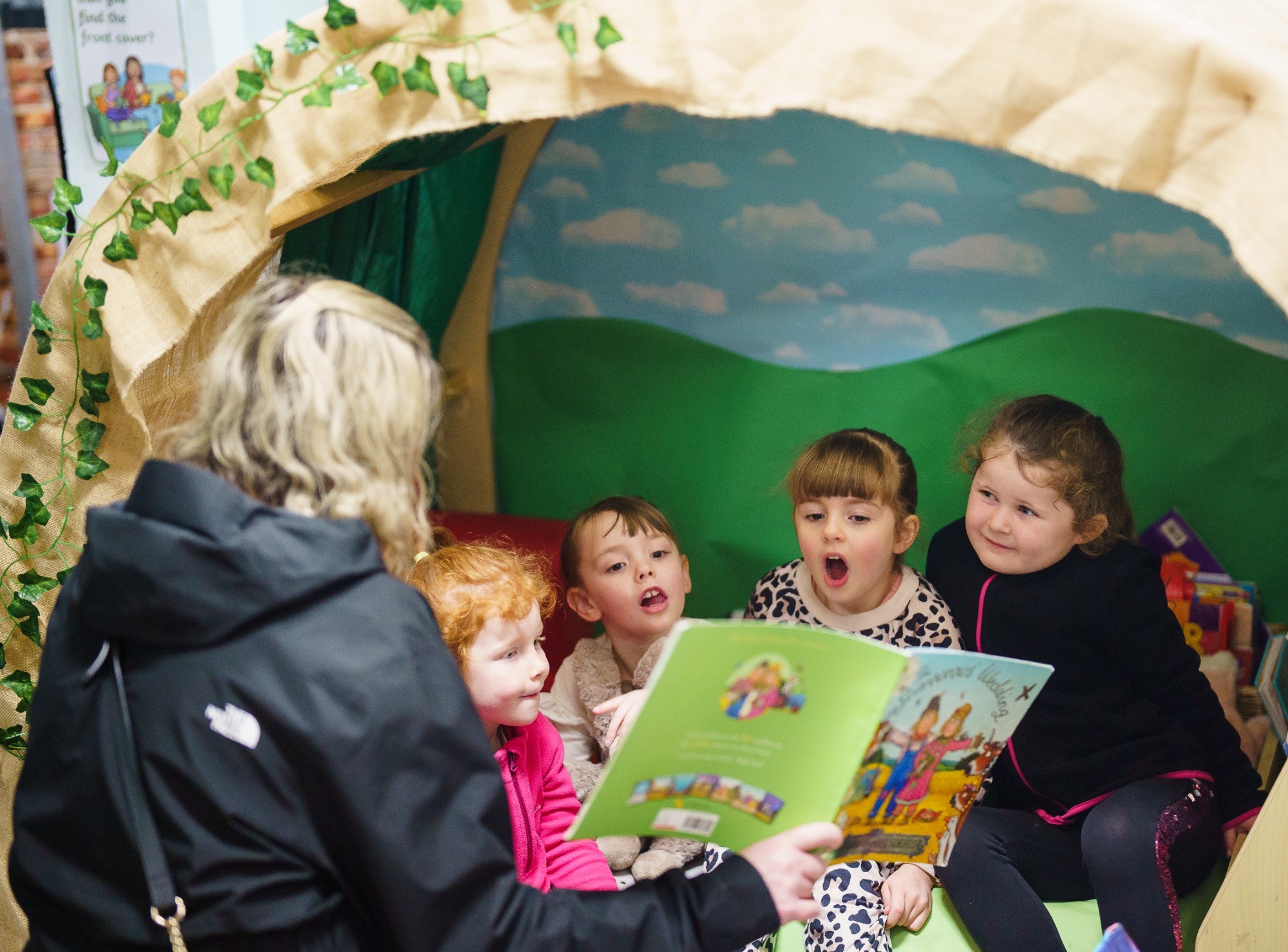
Curriculum
In Reception class we use the Statutory Early Years Framework as the basis of our curriculum. We plan for children to develop skills in the ‘Prime & Specific Areas’ of learning.
The EYFS framework guidance states that, “there are seven areas of learning and development that must shape educational programmes in the early years settings.” All areas of learning and development are important and inter-connected. However, three areas are particularly crucial for igniting children’s curiosity and enthusiasm for learning and for building firm foundations for their capacity to learn, form relationships and thrive.
These are the three prime areas:
- Personal, Social and Emotional Development
- Communication and Language
- Physical Development
In addition to these, there are four specific areas against which the three prime areas are strengthened and applied:
- Literacy
- Mathematics
- Understanding the World
- Expressive Arts and Design
In planning and guiding what children learn, practitioners must reflect on the different rates at which children are developing and adjust their practice appropriately.
The Characteristics of Learning: Playing and exploring, Active learning, Creating and thinking critically are also at the core of our curriculum. This provides us with an insight into the different ways in which children learn thus enabling us to provide an environment which ensures these varied types of learning occur. When the characteristics of learning are present, solid learning takes place.
The characteristics of effective teaching and learning are:
- Playing and exploring - children investigate and experience things, and ‘have a go’
- Active learning - children concentrate and keep on trying if they encounter difficulties and enjoy their achievements
- Creating and thinking critically - children have and develop their own ideas, make links between ideas, and develop strategies for doing things
The “Characteristics of Effective Learning” are at the heart of our Curriculum and explore the different ways in which children learn. All the learning experiences we plan for the children allow them to utilise and develop these skills. Our learning environments, both inside and outside, are stimulating and exciting, and relevant to the needs and age/stage of our children. Our environments are literacy rich enabling children to develop their understanding of language and build their vocabulary. Environments are easily accessible to develop children’s independence.
The skills and knowledge the children develop through the curriculum helps them to make progress towards achieving ‘The Early Learning Goals’ and gaining a ‘Good Level of Development’ at the end of Reception which will give them a solid foundation as they enter Key Stage 1.
Have a look at the Early Years documentation below:
Statutory Early Years framework
Early Years Foundation Stage Profile
We are guided by the Seven Features of Effective practice in EYFS. When planning the curriculum, the children’s needs are paramount. Our planning follows the children’s needs and stages of development. We plan activities and lessons to ensure all children are able to make progress towards the Early Learning Goals. In addition to this, we evaluate previous learning in order to identify next steps in learning.
We seek opportunities to make links between the areas of learning and plan next steps accordingly.
Our Reception class loosely follows topics and themes which we find embeds the EYFS curriculum in an exciting and age-appropriate way. In developing our school curriculum, subject leads have identified the threads of the National Curriculum within the Early Years to ensure that children have a smooth, successful transition to Year 1 and that learning is progressive and sequential. We also use our knowledge of the children as well as parent observations on Tapestry and Class Dojo to learn more about children’s likes and dislikes and these help to shape our topic choices to engage our children.
We deliver the curriculum through planned, purposeful play as well as adult-directed learning to enable the children to build on what they already know, in class the children are taught in whole class, small groups or individuals to ensure that all children are making progress from their own individual starting point.
Have a look at our Curriculum overview.
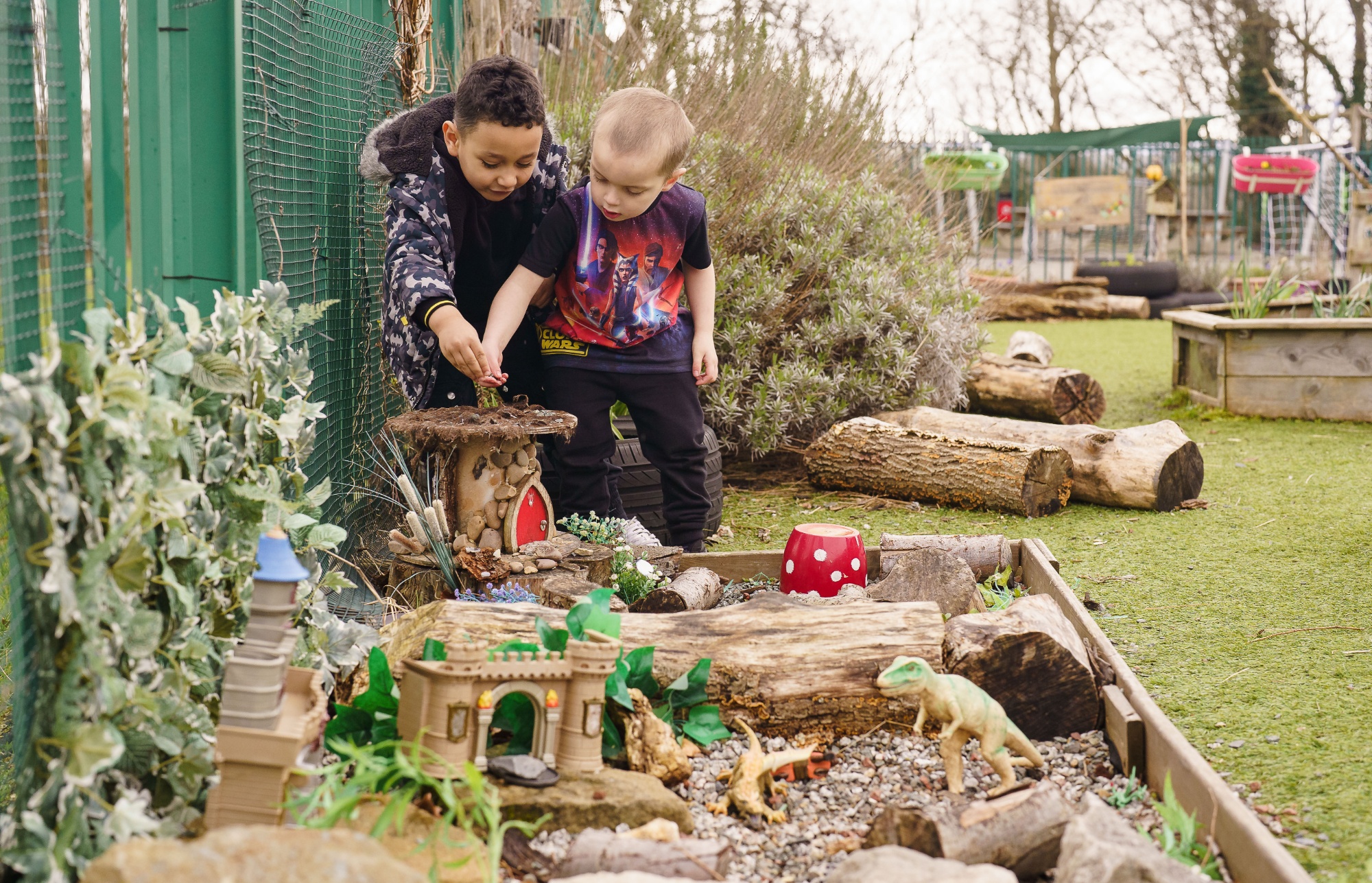
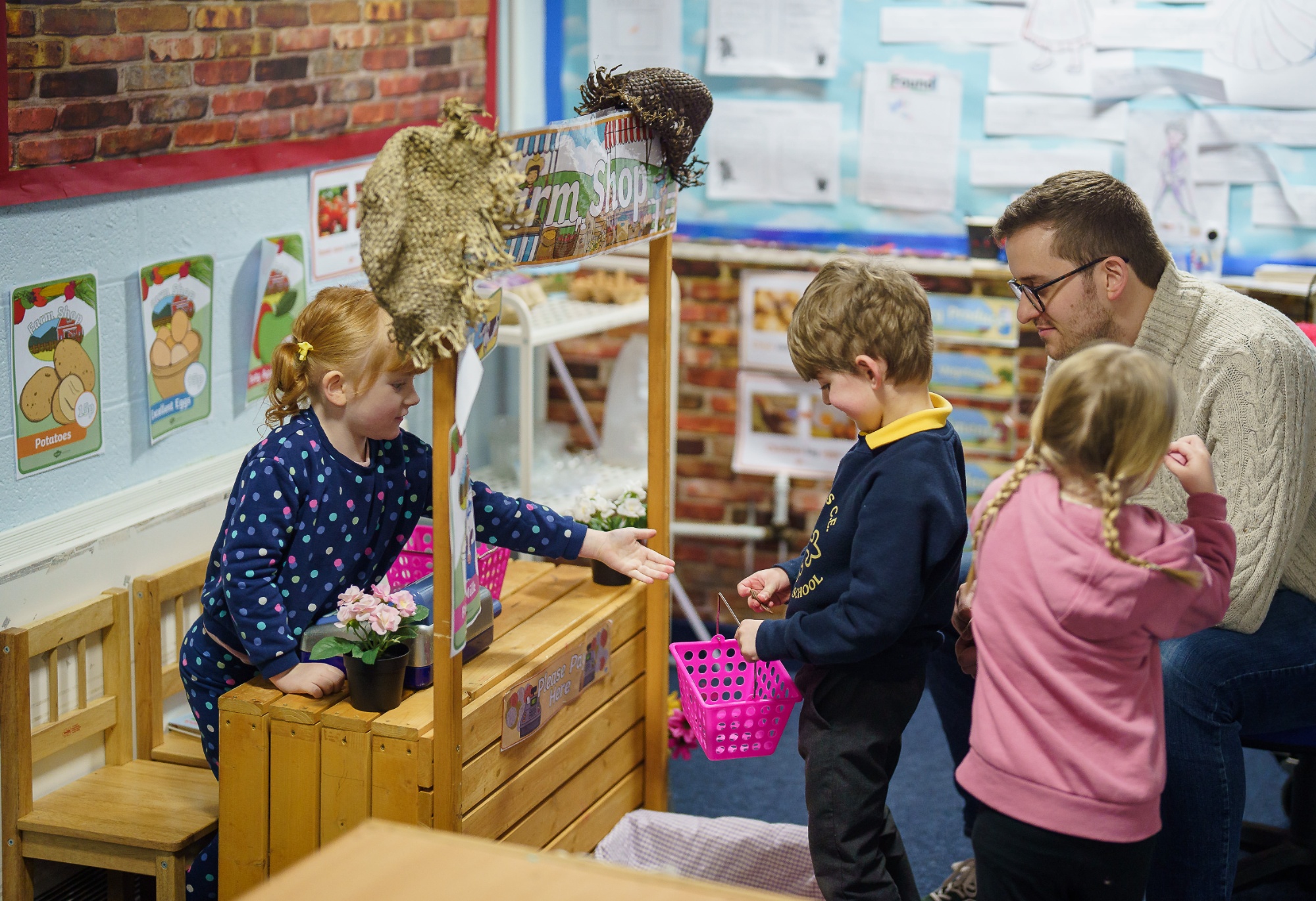
Environment
We provide a challenging, exciting and attractive learning environment that offers high-quality opportunities for the children to learn through play within the classroom and outside. Our classes have continuous provision that are designed to offer practical, open-ended learning opportunities where children are enabled to think creatively and imaginatively. The children are supported to explore how resources can be adapted and use their skills in a variety of contexts. We develop problem-solving skills through open-ended tasks and encourage children to share their thinking with others.
In Reception we recognise the importance of both the indoor and outdoor environment. The children have free access to a wide range of resources in our continuous provision areas which are equipped to promote all aspects of the children’s development. We offer ‘Free-Flow’ in our Reception classroom where children can choose to learn independently either in our indoor or outdoor classroom.
We are so lucky in our school to have an amazing outdoor space that backs onto Reddish Vale Country Park and because of this we have a wonderful Forest School area that is located at the bottom of our huge school field. Each week the Reception children spend half a day in our Forest School area where they learn skills such as den building, climbing trees, tying knots and crafting with natural materials.
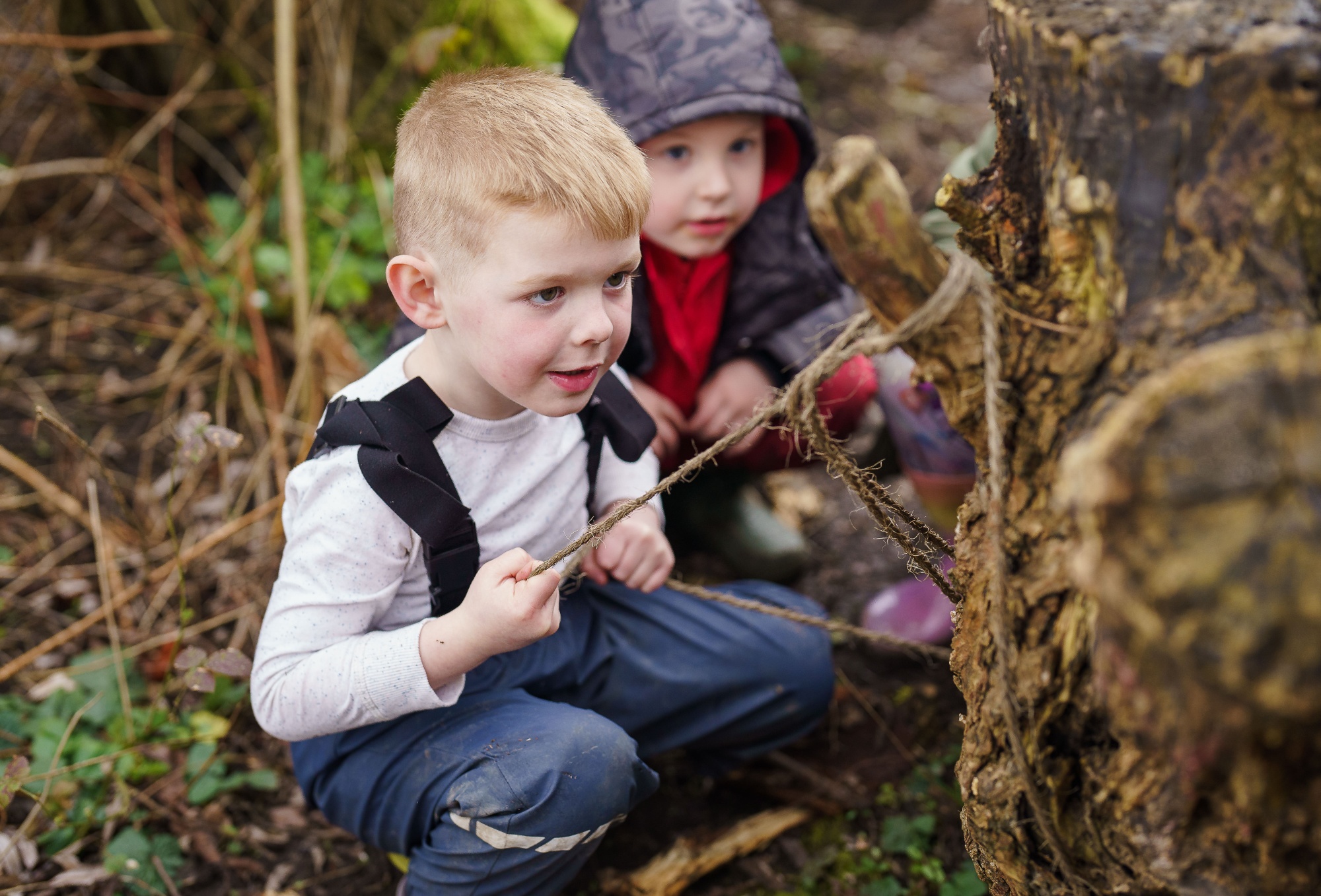
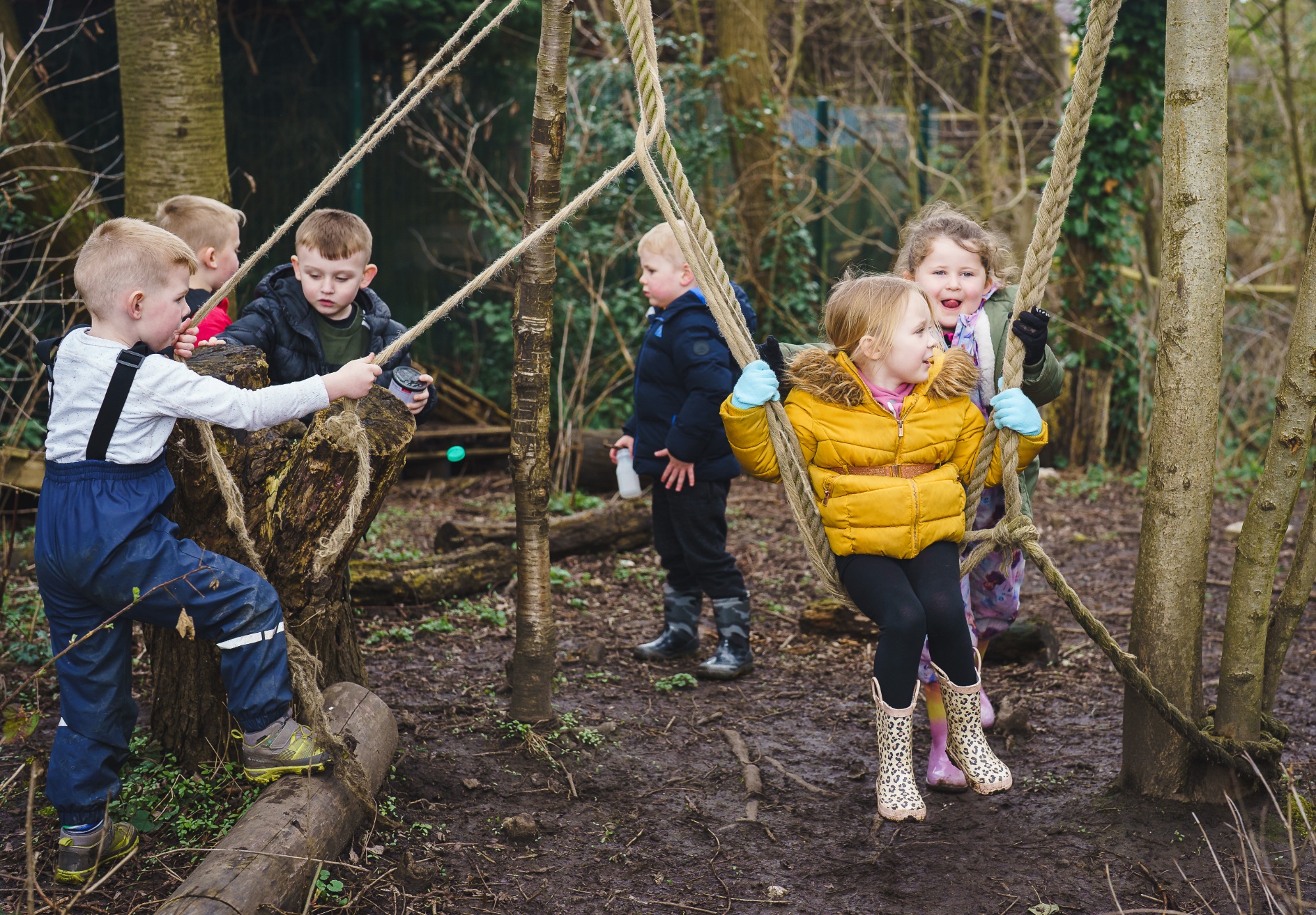
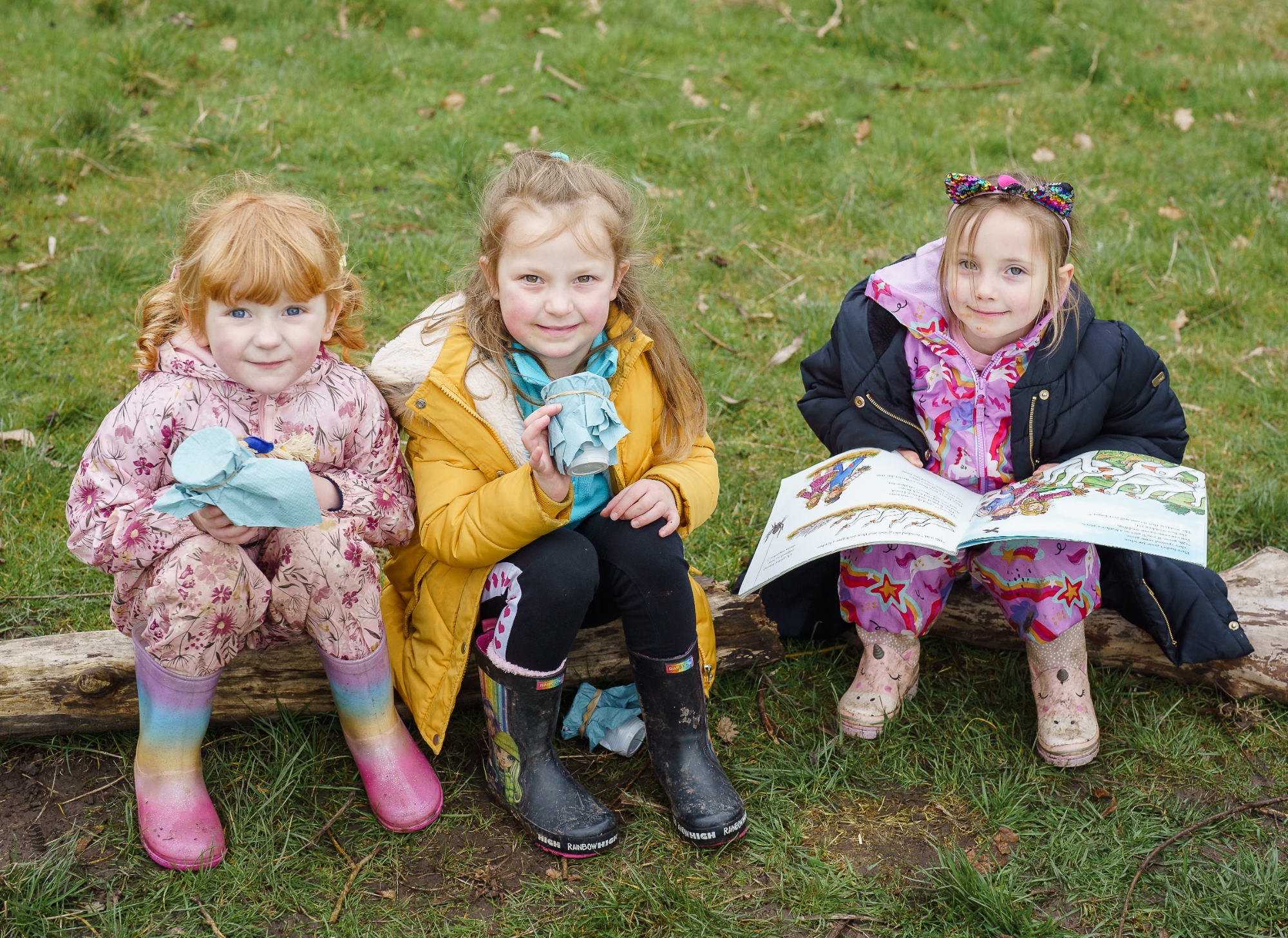
At St Mary’s we provide our children with opportunities to develop their gross & fine motor skills, to deepen their imaginations and also their sense of curiosity. We want children to feel safe and ensure that our safeguarding procedures are rigorous and kept up to date.
Our aim is that our children leave the Reception class with a love of learning, growing independence and are prepared to start the National Curriculum in Year 1.
Assessments
At the beginning of their year in Reception, all the children will take part in a Reception Baseline Assessment (RBA) which is a short online assessment completed with the children during the first six weeks in which a child starts and is used to inform future planning. The assessment is contains practical resources designed to be inviting for the children and is always done with a familiar adult.
https://www.gov.uk/guidance/reception-baseline-assessment
We use the Development Matters & EYFS Curriculum Goals to track children throughout their time in Reception so we know where each child is on their individual learning journey and plan for the next steps in their learning.
Development Matters: Non-statutory Curriculum Guidance for the EYFS
Early Years staff use a range of strategies, such as observations, formative and summative assessment and discussions with the children, parents and carers to inform and develop planning. The staff are skilled at observing what children say and do and are able to identify their achievements, interests and next steps for learning. Each term, careful analysis of assessments allows for the identification of groups of children requiring intervention work. This intervention is carried out regularly to ensure that learning moves forward for every child.
At the end of their Reception year, the children are assessed against the Early Learning Goals (ELGs). Parents/Carers receive this information through an annual report with comments on each child’s progress in each aspect of the curriculum. It highlights the child’s strengths and development needs and gives details of the child’s progress and achievements throughout the year.
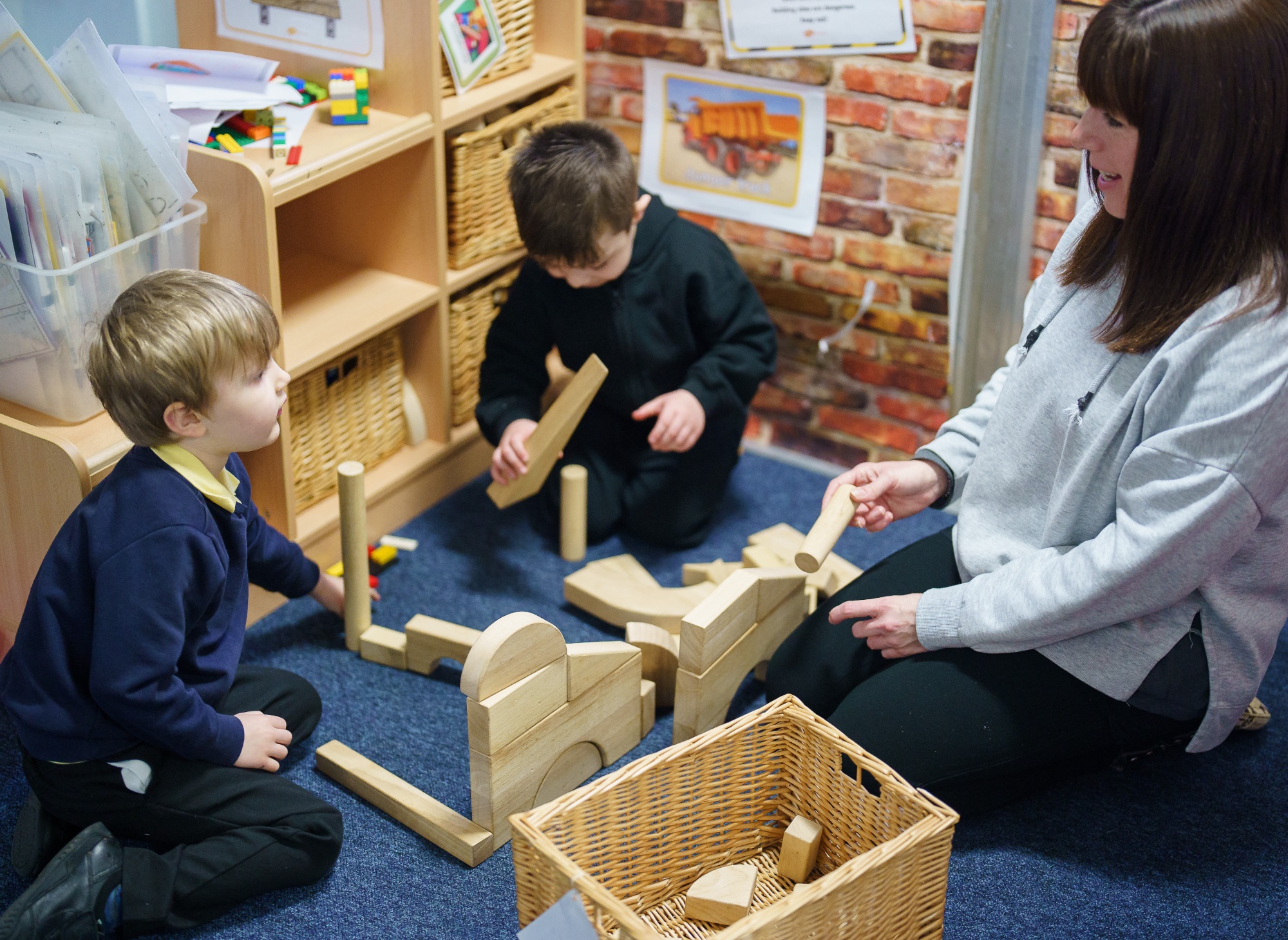
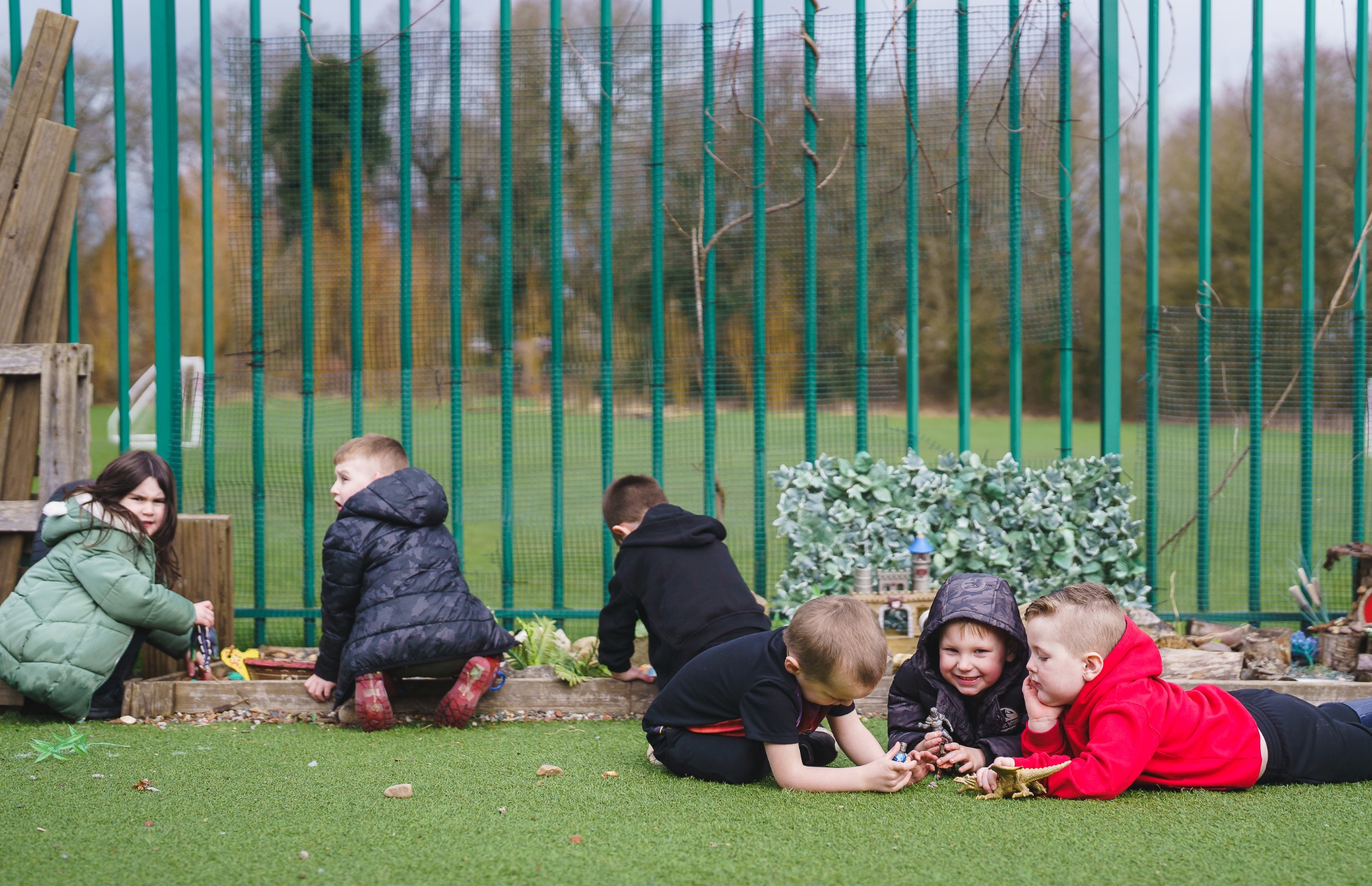
Transition
Transition into Reception
It is important that children feel confident and secure to allow them to flourish within the Early Years, and continue to grow throughout their learning journey at school. We have a carefully planned induction process to ensure a smooth transition into our school.
We work closely with parents, child minders and other settings to ensure that your child’s previous experiences are truly valued and built upon. We do this in a number of ways:
- We will welcome you to our school before you decide on which school you would like your child to go to
- We will meet with you at school during the Summer term to introduce our staff and provide you with a general ‘induction’ into school life
- We will invite you to a 1:1 meeting prior to joining our school to begin to build strong relationships and really get to know your child and their interests and needs
- We will meet with other settings and child minders your child might have been to, before your child starts at St. Mary's, sharing assessment and other valuable information
- We meet with the health visitors and other professionals that may have supported your family or your child to ensure key information is passed on
- We will provide ‘Stay and Play’ sessions in July where staff will observe your child as they play, and plan adjustments to the provision to support your child’s learning when they start at St. Mary's
- We will provide a gradual start, which builds up to full-time in September so children and staff really get to know each other well
- We will share your child’s learning and development with you through our online learning journal – ‘Tapestry’ and encourage you to share significant observations with us
- We will have daily face-to-face contact with parents and carers.
Transition to Year 1
Children inform every aspect of learning at St Mary's Primary School, and as such, before entering their new year group, the children will have met with their new teacher in order to begin to plan the year ahead, considering what they would like to learn about. After these sessions, enthusiasm for the next year’s learning is high and children are excited to move on.
Reception and Year 1 staff meet to discuss developmentally appropriate learning experiences for the children, based upon the end of term Early Learning Goals, paying attention to and moderating the transition in accordance with the 2014 National Curriculum requirements. This supports effective progression once children move up. Termly progress meetings allow teachers the opportunity to celebrate the achievement of the children within their class and to report on the progress that has been made.
We also provide a transition morning for parents and children to work together in their new classroom, with their new teacher during the Summer term.
Parent partnership
We value the contribution that our parents and carers make to their child’s learning and take every opportunity to work in collaboration with them. We strive to form positive relationships with parents and work with them to share their child's learning and how best they can support with their child's learning at home. We provide an opportunity for parents to complete an ‘All About Me’ booklet when the children start school and give parents online access to Tapestry where they can add their own observations. Before children start school, we meet with parents to find out more about their child and how to best support their transition to school.
In the Autumn and Spring terms we hold parents' consultations and in the Summer term we send home detailed reports.
The children in Reception take home reading books to share along with a reading record which parents/carers are asked to write in. We regularly invite parents in for workshops which help to inform them about how we teach phonics and reading and we provide opportunities over the year for parents to come in and enjoy a special moment with their child such as numeracy mornings and our Christmas Nativity.
We know that relationships are the foundation of children’s learning and development and that is why we do all we can to help your child feel emotionally secure with us. We are creating positive relationships between you, home and school which will last for many years.
We will always welcome you to our Early Year’s department and we encourage you to let us know if you have any questions or queries. There will always be a member of the staff willing to talk to you should you have any worries about your child’s education or welfare.
Links for parents
School readiness
The video below shares some advice on helping your child be ready for starting school.
Here are some tips on things you can do at home to help your child be ready for school.
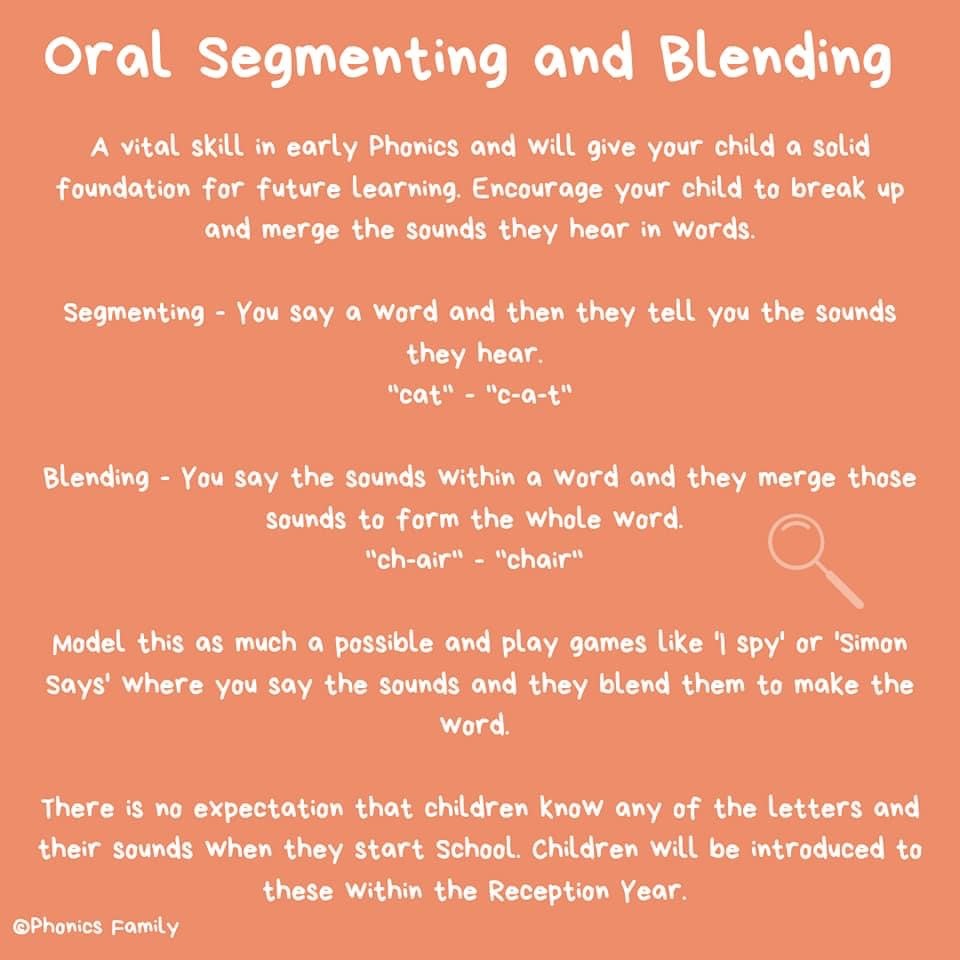
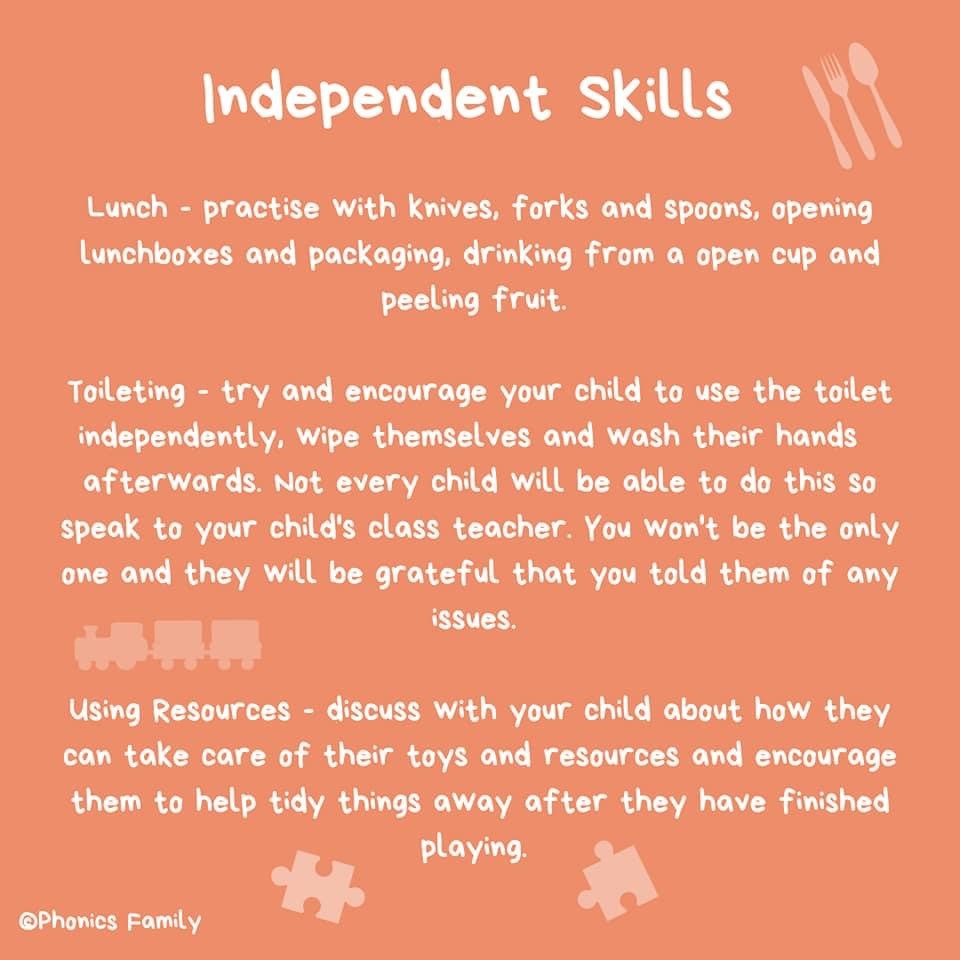
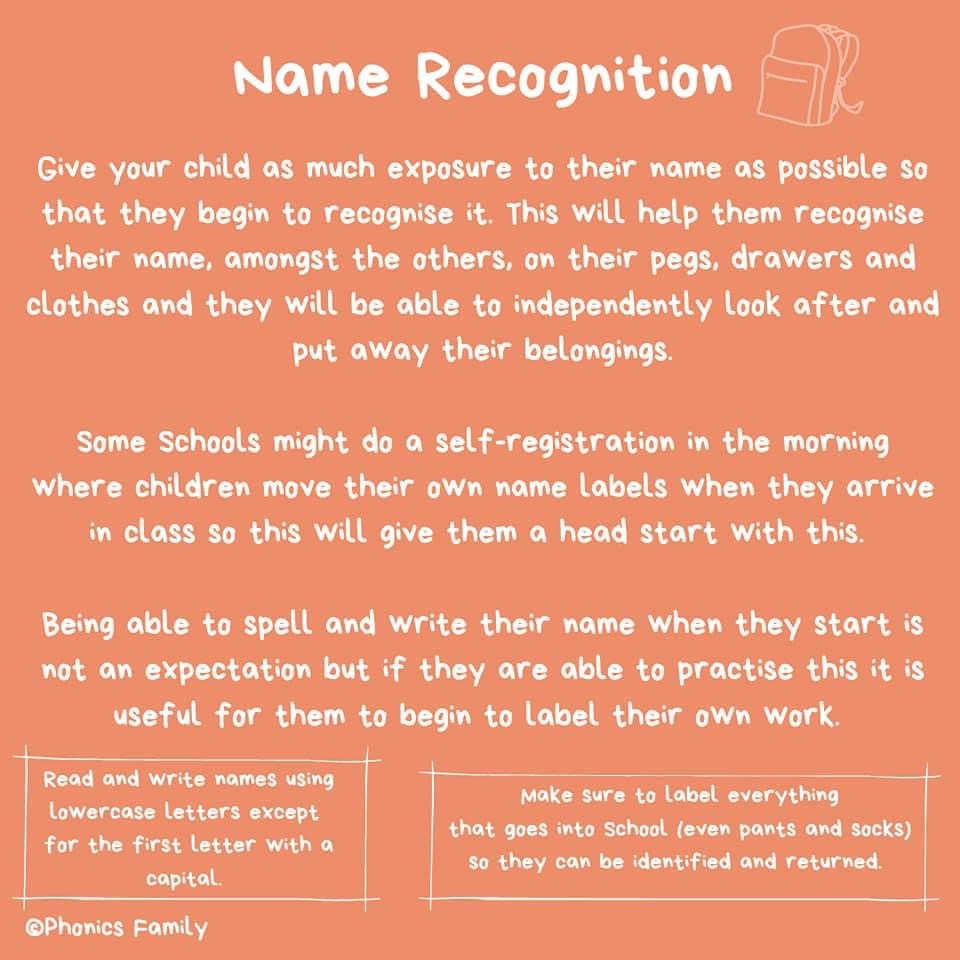
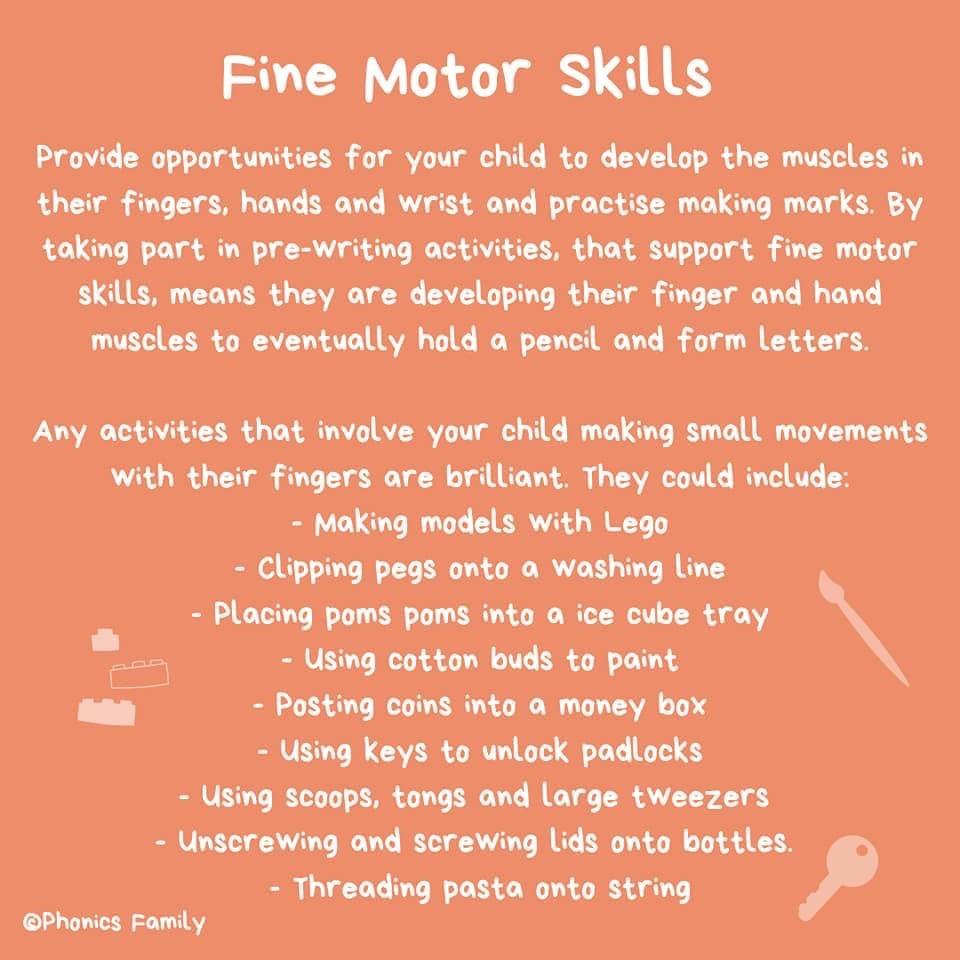
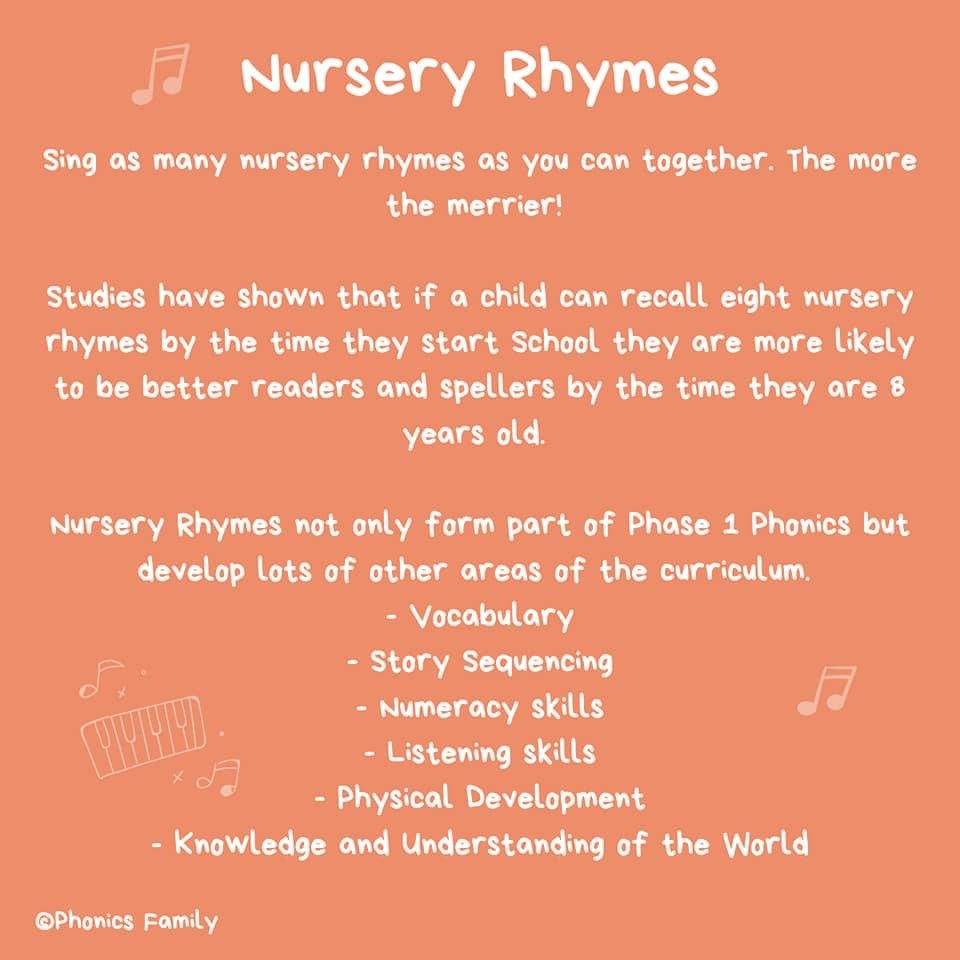
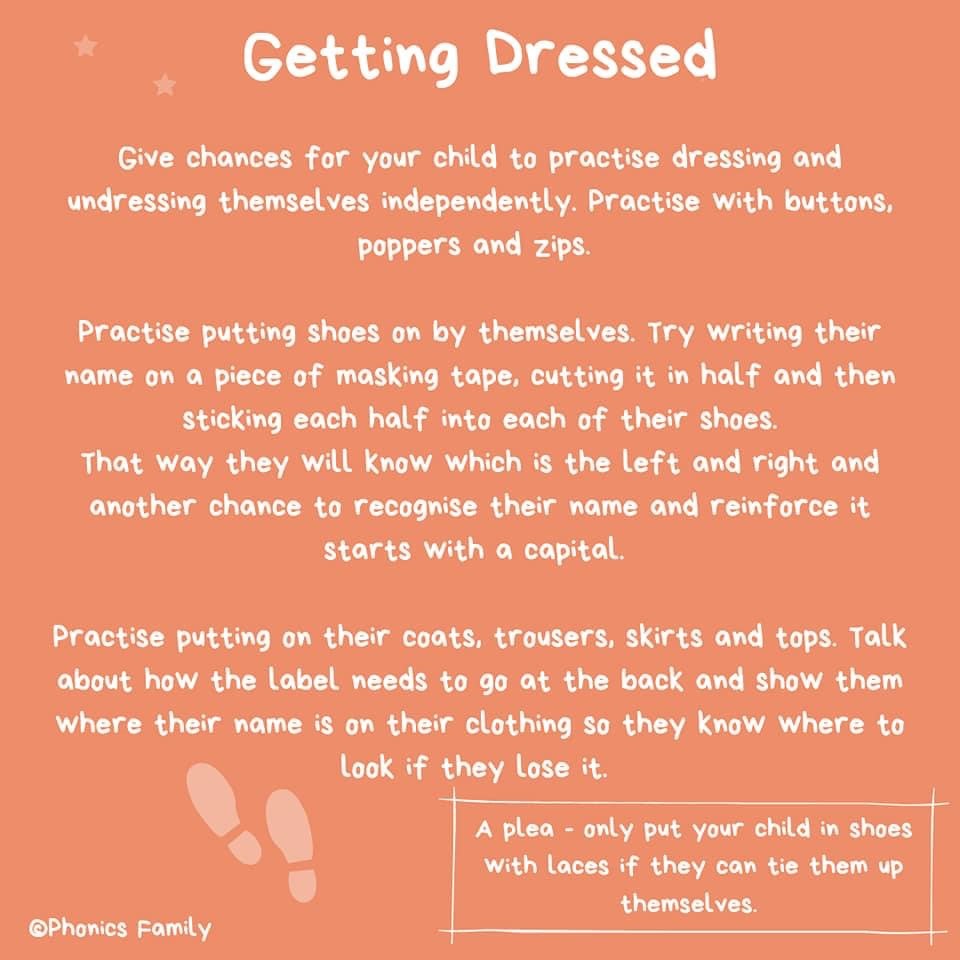
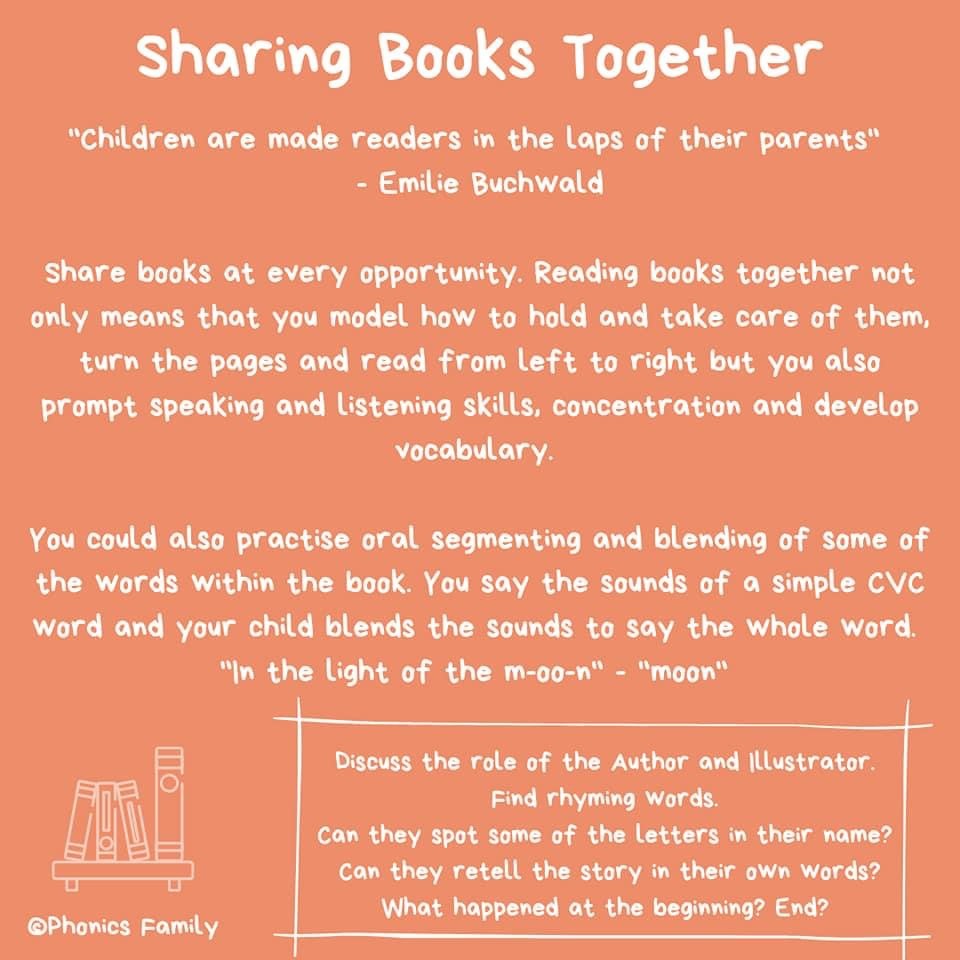
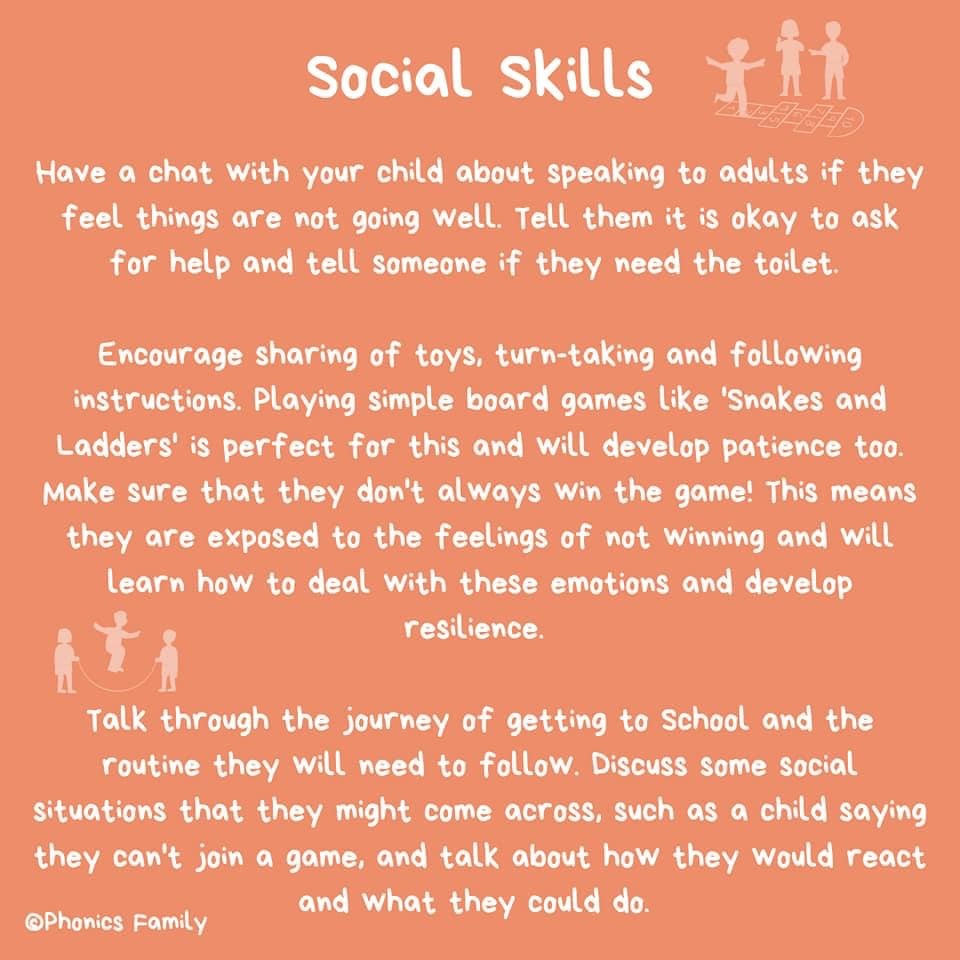
School Nursing team
When your child starts school, they are supported by the School Nursing team rather than the Health Visiting team.
The video below explains more about Stockport School Nursing Service:
Support for learning
Pencil grip
Children go through a number of stages in developing their pencil grip. Take a look at the poster below.
This video explains our method for encouraging children to have the correct pencil grip.
Reading
The 'Literacy' area under 'Curriculum' on our website details information about our phonics scheme and how to say sounds to support your child.
The information below may be helpful for supporting your child to read.
